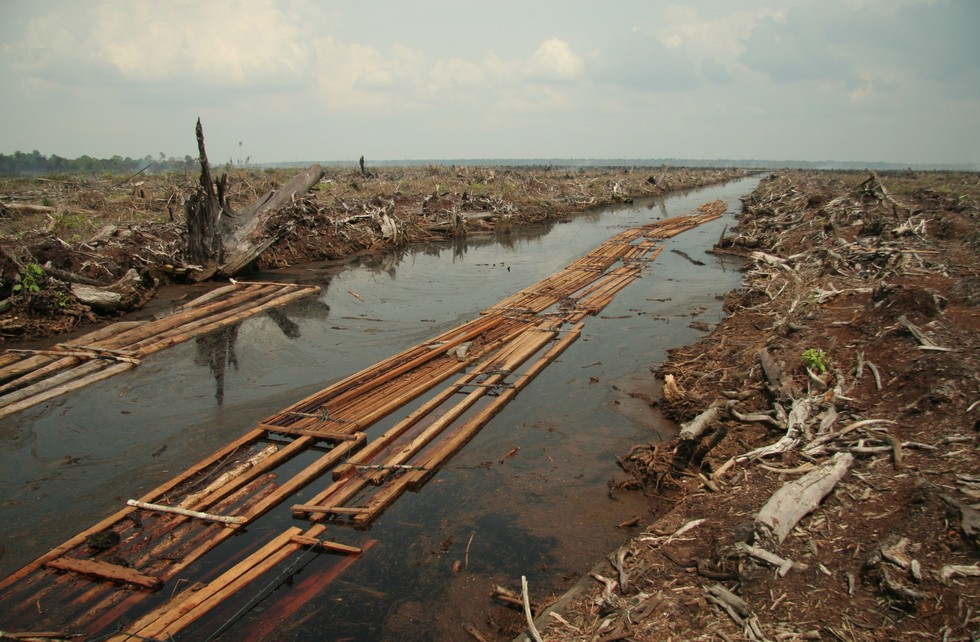The losses, reported in the journal Current Biology, are due to widespread human development and are equivalent to an area twice as big as Alaska and half the size of the Amazon. The study's authors call for immediate international policies to recognize the value of wilderness areas and to address the unprecedented threats these regions face.
"Globally important wilderness areas -- despite being strongholds for endangered biodiversity, for buffering and regulating local climates, and for supporting many of the world's most politically and economically marginalized communities -- are completely ignored in environmental policy," lead author James Watson of the University of Queensland and the Wildlife Conservation Society said in a press release.
"Without any policies to protect these areas, they are falling victim to widespread development," he continued. "We probably have one to two decades to turn this around. International policy mechanisms must recognize the actions needed to maintain wilderness areas before it is too late."
 |
| An area is deforested to make way for a palm oil plantation in Indonesia. |
The comparison showed that 20 percent of the world's land area remains wilderness, the majority in North America, North Asia, North Africa and Australia. Ten percent of wilderness area was lost, however, during the intervening years. The losses occurred primarily in South America, which has experienced a 30 percent decline in wilderness, and in Africa, which has experienced a 14 percent loss.
"The amount of wilderness loss in just two decades is staggering," Oscar Venter, chair of the Ecosystem Science and Management Program at the University of Northern British Colombia, said.
"We need to recognize that wilderness areas, which we've foolishly considered to be de-facto protected due to their remoteness, are actually being dramatically lost around the world," Venter added. "You cannot restore wilderness, once it is gone, and the ecological process that underpin these ecosystems. The only option is to proactively protect what is left."
He, Watson and their colleagues believe that the United Nations and other international organizations have ignored globally significant wilderness areas in key multilateral environmental agreements.
"If we don't act soon, there will only be tiny remnants of wilderness around the planet, and this is a disaster for conservation, for climate change, and for some of the most vulnerable human communities on the planet," Watson said. "We have a duty to act for our children and their children."
From Discovery News

No comments:
Post a Comment